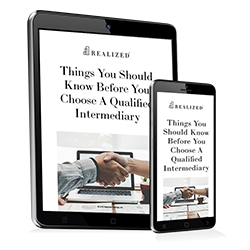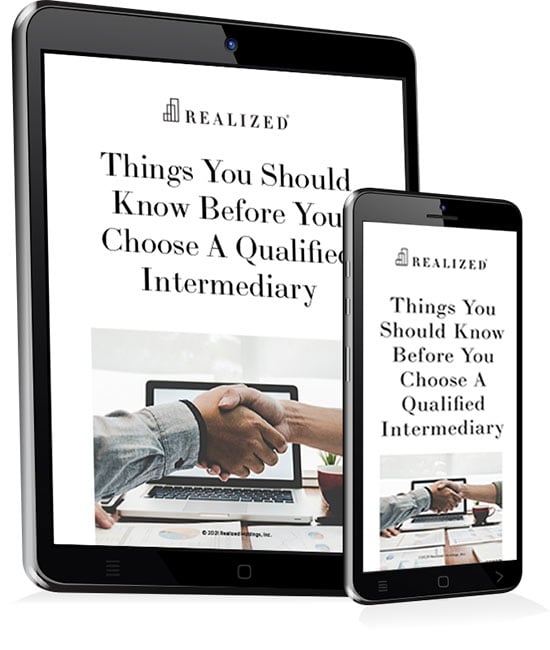
For a taxpayer seeking to defer recognition of capital gains by completing a 1031 exchange, one of the key determinants of success is often in the selection of the Qualified Intermediary (QI) used to facilitate the transactions. The reason for the importance of this role is the crucial tasks for which the QI is responsible. Mistakes by a Qualified Intermediary can result in the IRS disallowing the deferral.
One of the hazards that the QI encounters is ensuring that the proceeds from the relinquished property's sale are not considered available to the taxpayer. Another area of concern is the timely and proper formal identification of replacement properties. The intermediary is responsible for managing all the two transactions (sale and later purchase) on behalf of the investor, but while maintaining an arms-length throughout and ensuring thorough documentation for inclusion with relevant tax filings.
The IRS disqualifies certain individuals from serving in the role
With this sensitivity in mind, choosing a capable Qualified Intermediary is clearly essential. For the exchange to proceed successfully, it is almost always necessary for the taxpayer to engage the QI before selling the relinquished property. But there are limits on whom the taxpayer can use in this role. The taxpayer can’t serve as their own intermediary, nor can they use their spouse or any relative (the disqualification based on family status does not extend to relationships by marriage, however.) Any agent of the taxpayer may not fulfill the QI function. This prohibition includes the person’s attorney, real estate broker or agent, accountant, financial advisor, and employees.
Where do you find the Qualified Intermediary, then? It's a good idea to engage an individual or company with experience in the specialty, for the reasons already described. While QIs are not licensed or regulated, a trade association called the Federation of Exchange Accommodators (FEA) supports high-quality standards in the industry and advocates for exchange facilitators. The FEA provides leadership for practitioners and education for consumers seeking QI services. To obtain certification from the FEA, a QI practitioner needs three years of experience in the field and must comply with continuing education requirements.
The Investor will need to conduct a careful evaluation of the QI before engaging
While your agents, including your real estate broker, financial advisor, and accountant, are prohibited from acting as your QI, those professionals may be excellent sources of referrals. When you consider the suggestions, do some additional investigation to ensure you are choosing a capable QI company.
It's prudent to hire an exchange accommodator with sufficient backup personnel to manage your transaction if your primary contact is unavailable. So, it’s wise to consider the size of the entity.
Other important questions concern the holding of your funds. A QI firm may offer you the choice of a segregated trust account for your funds or, for a lower cost, a commingled account that mixes your money with that of other clients. A shared trust account may result in problems if a sudden financial shock has a deleterious impact on the firm, and it is unprepared to pay out all clients when required. You may still choose this option, but if you do, be aware of the risks involved. Ensure that you review the company’s Errors & Omissions Insurance and fidelity bond coverage. It’s a good idea to compare the coverage amounts to the average amount of the funds the QI has on deposit in sum for their clients.
Also, ask to see the internal controls that the QI has in place to prevent employee fraud. It should not be possible for one or two employees within the organization to act in concert to gain access to your account. A high-quality company will gladly accommodate your review of these controls because it gives them the chance to show you how carefully they are protecting your assets.
These inquiries will help you establish trust in the intermediary, and improve the likelihood of a smooth, successful 1031 exchange.



